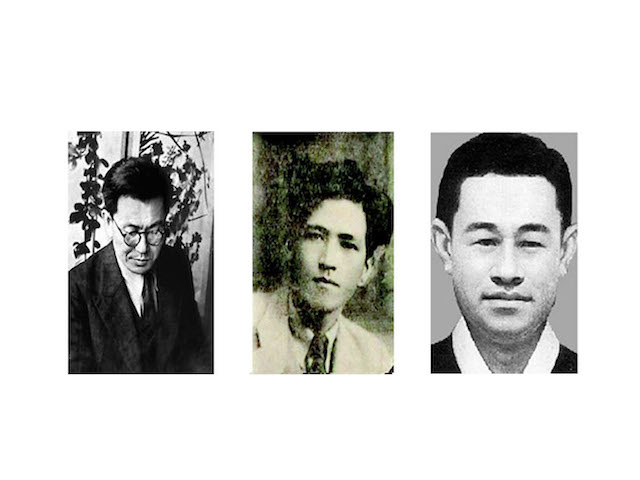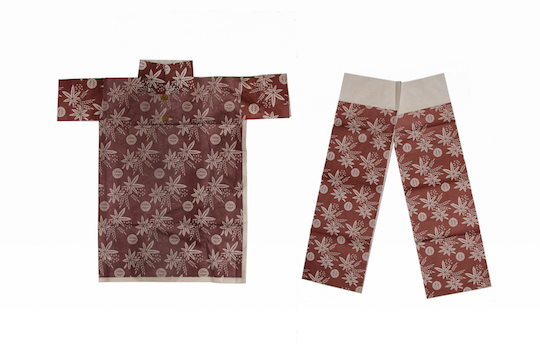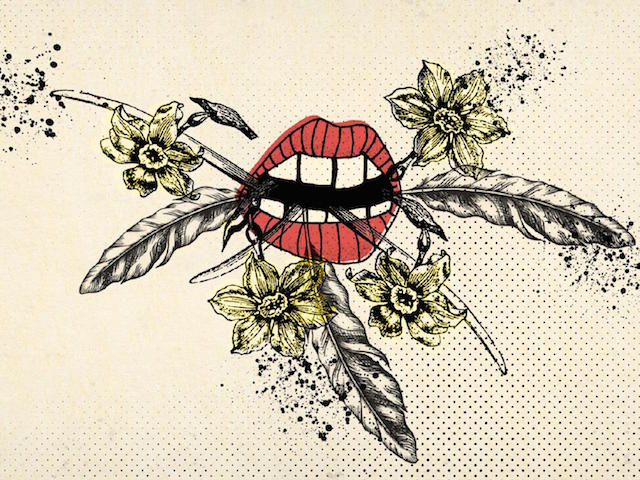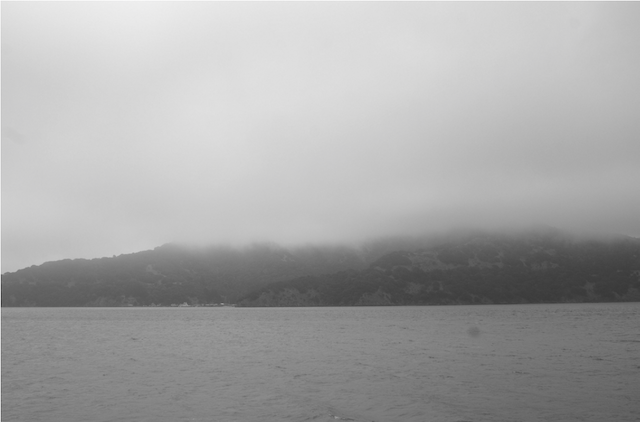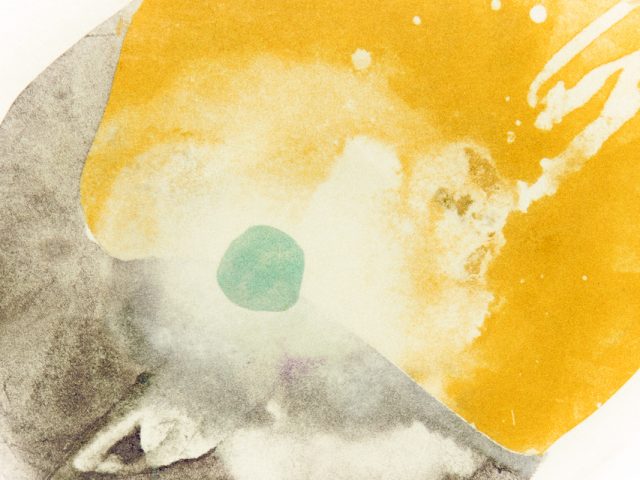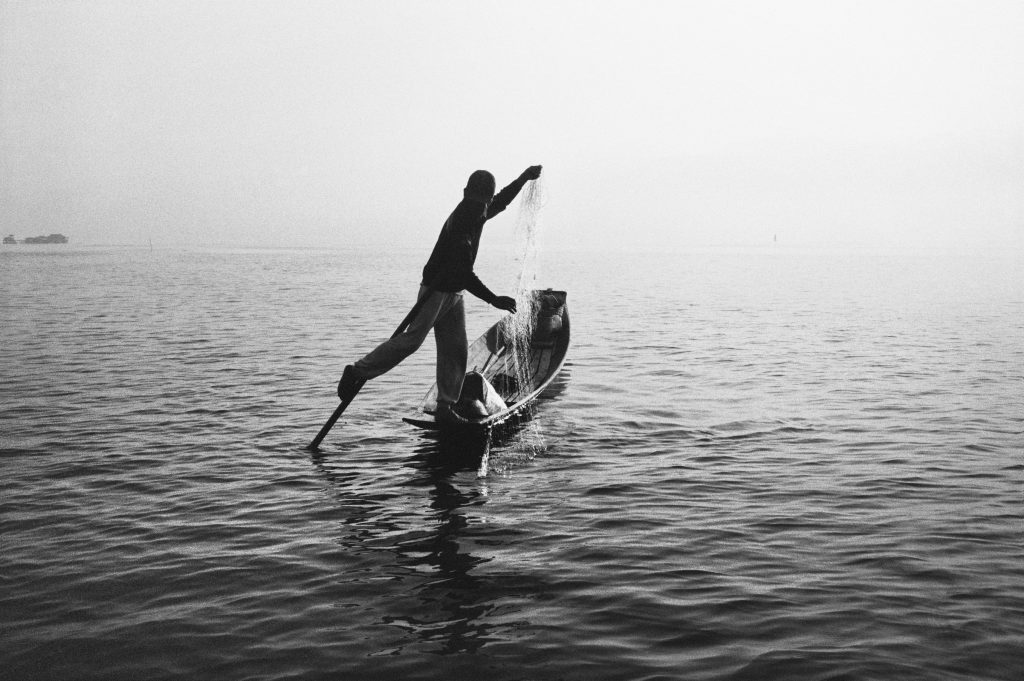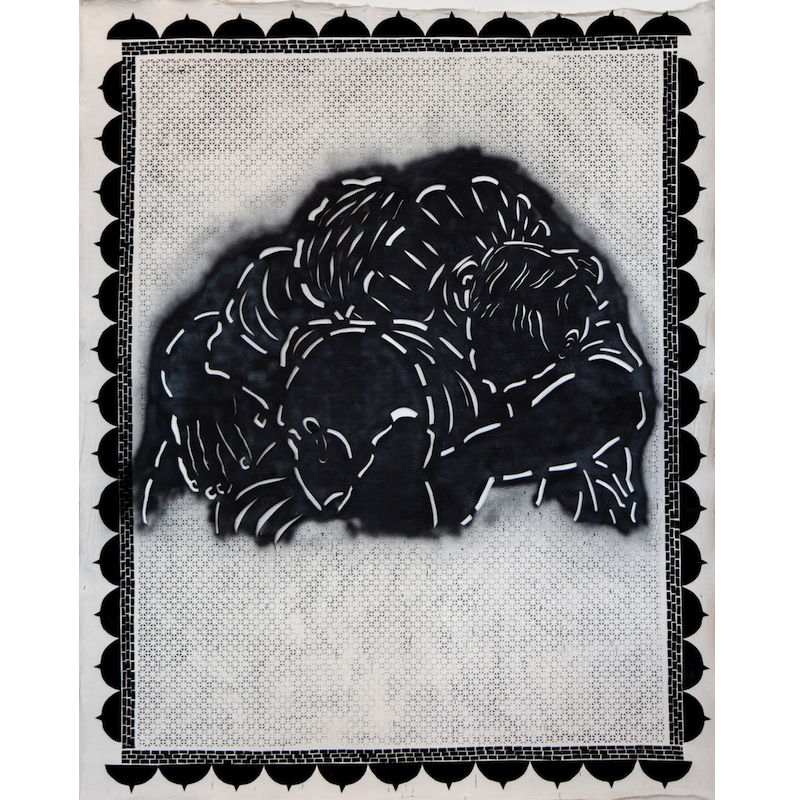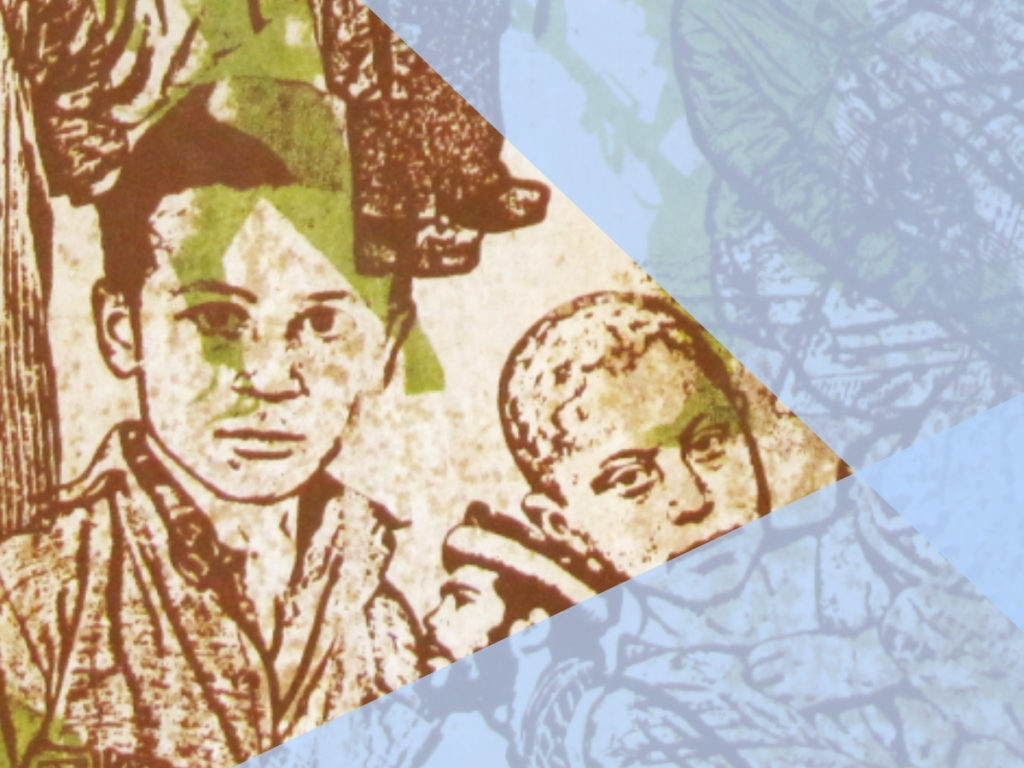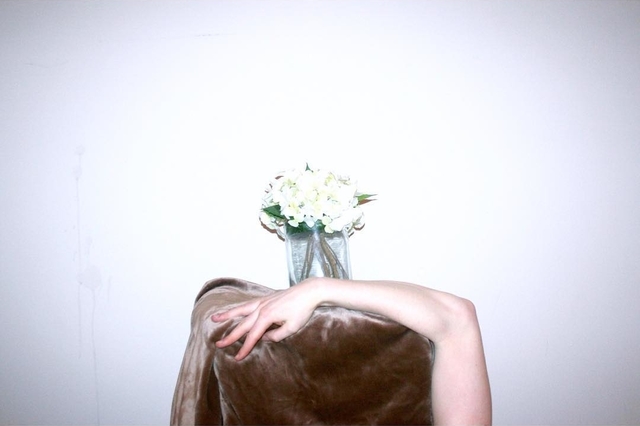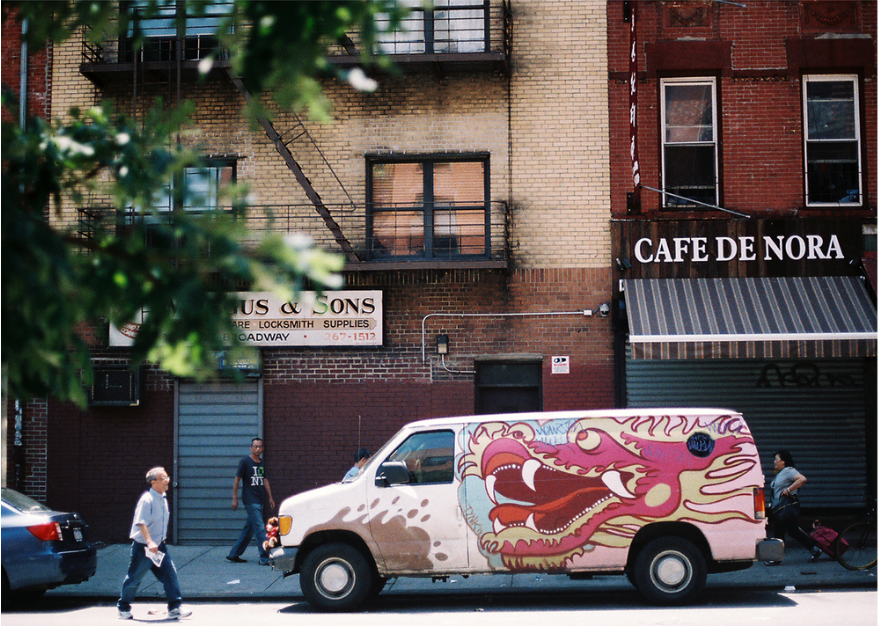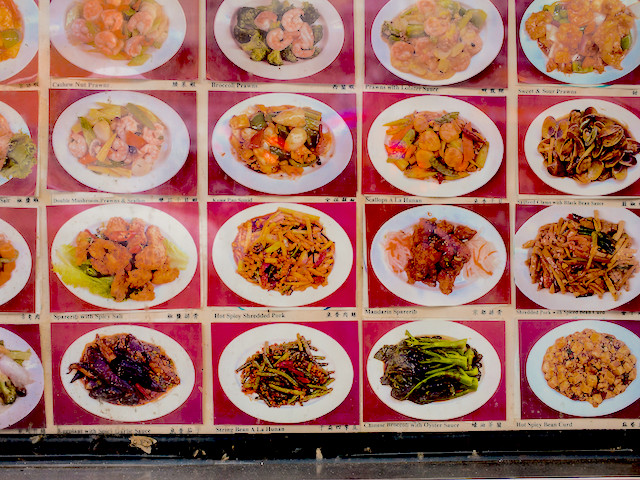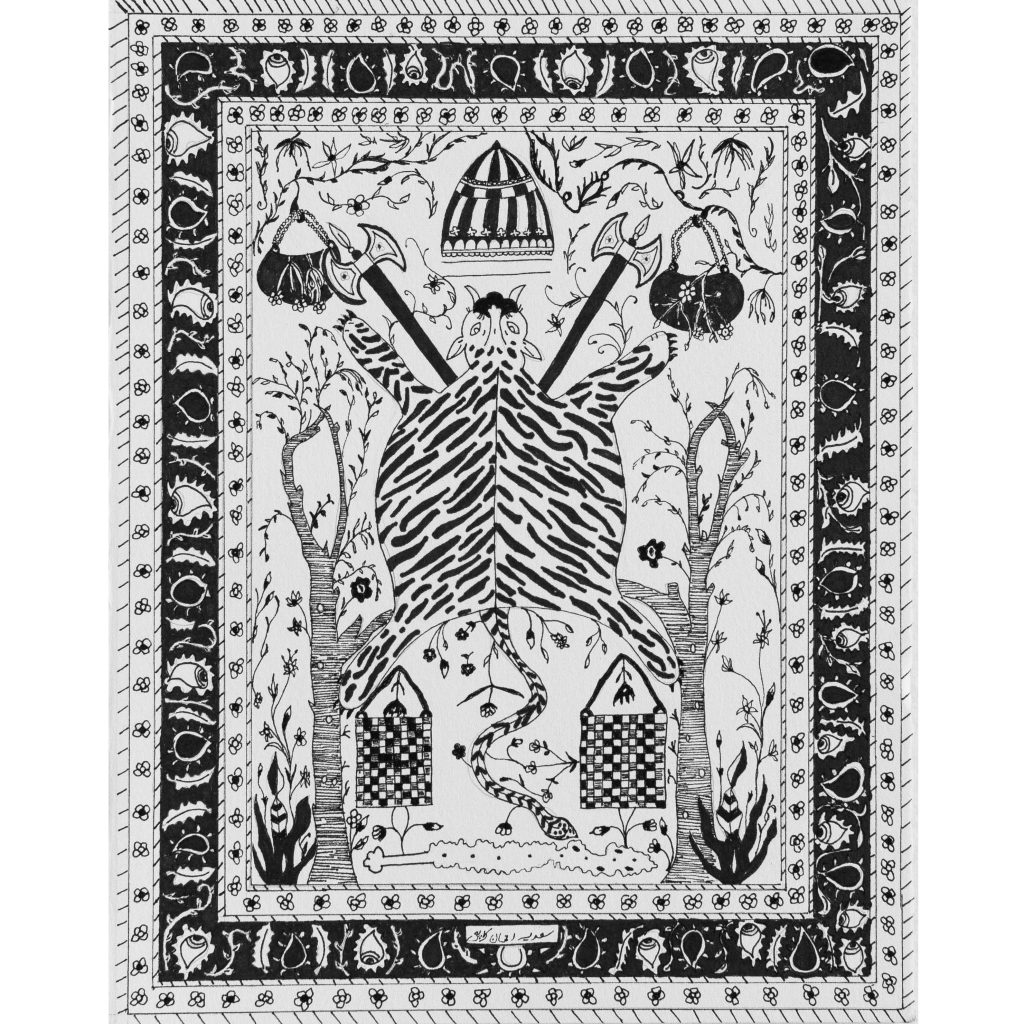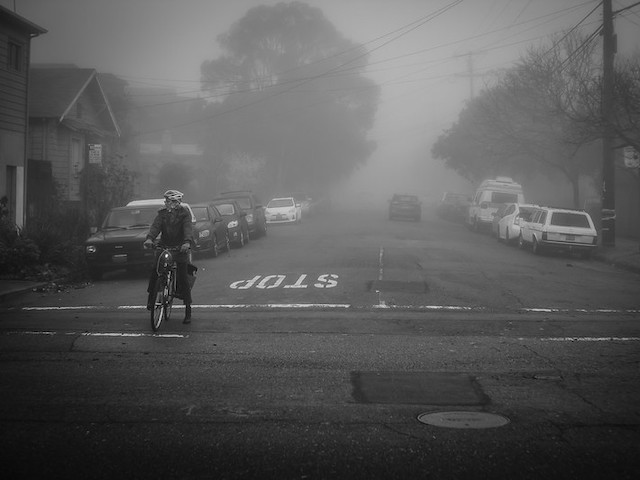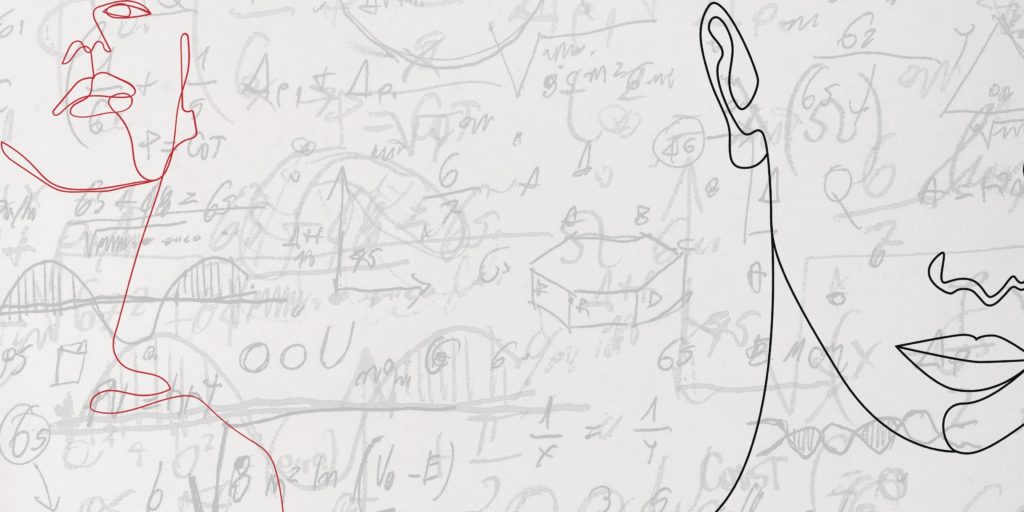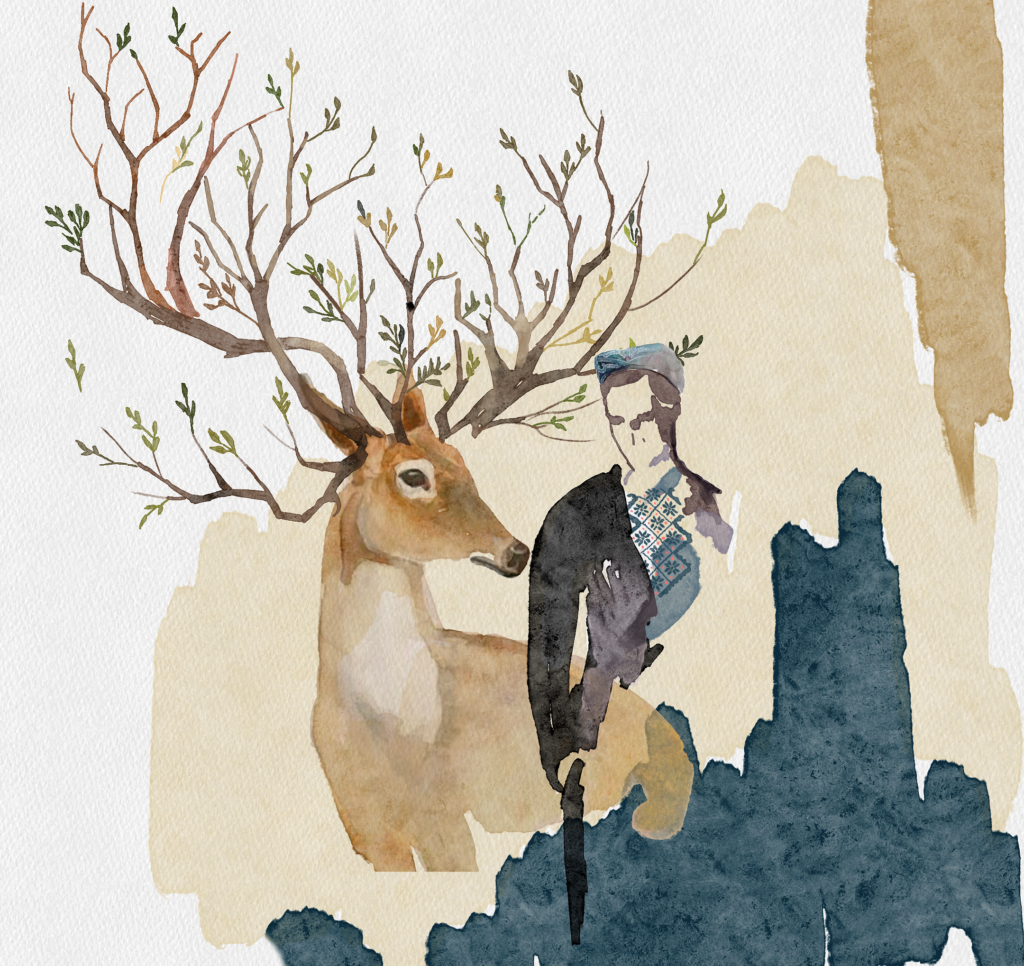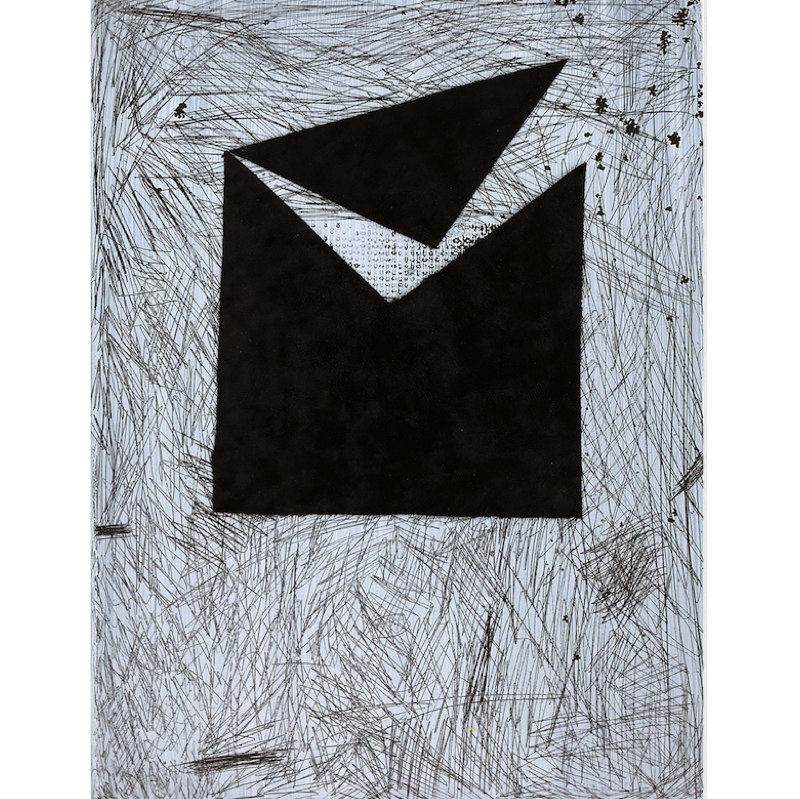Pieces on the art and politics of translation
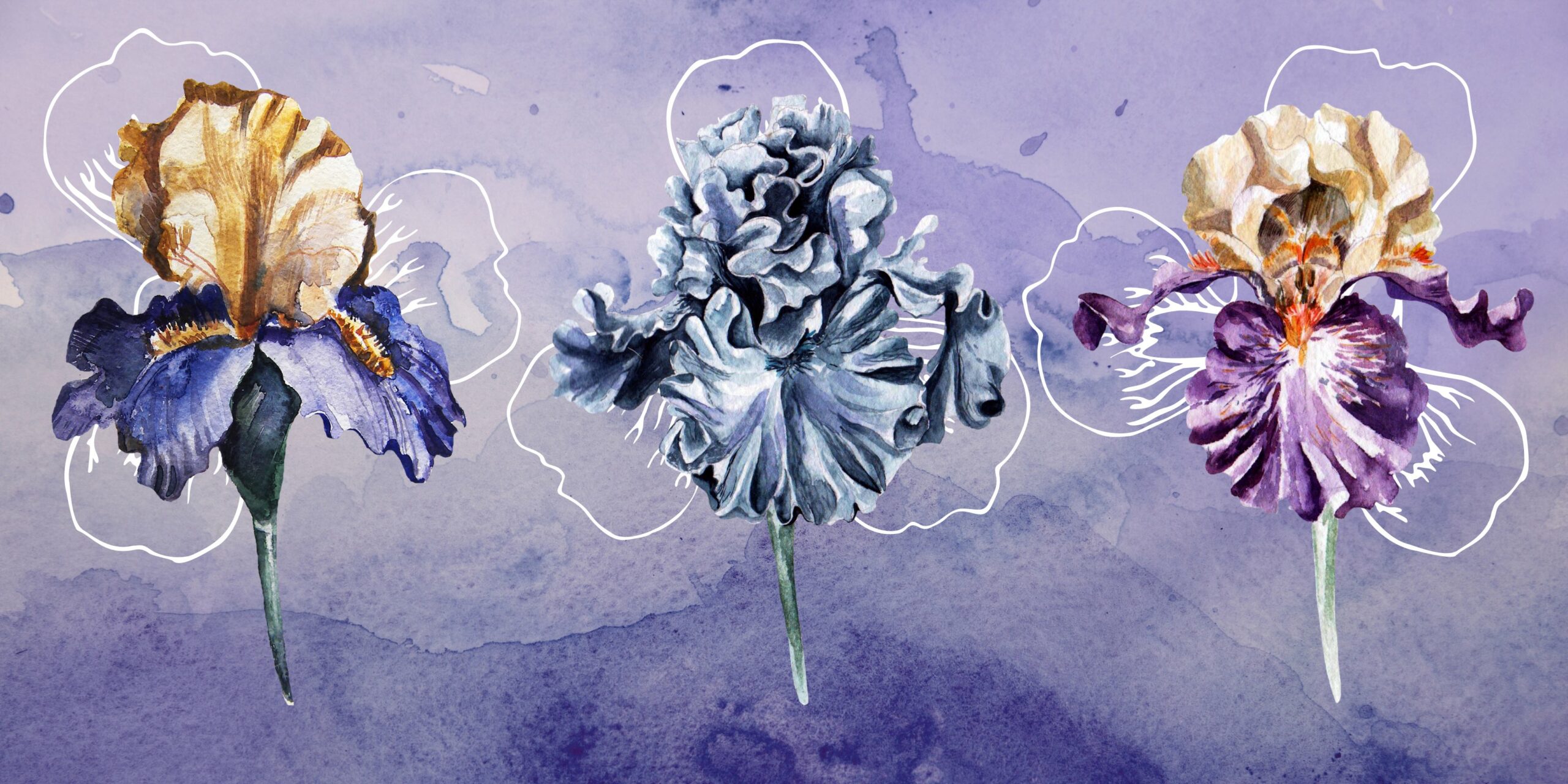
September 12, 2022
This list is part of the celebration of the tenth anniversary of The Margins, which highlights portions of the magazine’s archive organized around a theme.
Translation, imperfect tool that it is, is not just a way to carry over the literature and lives and cultures of another place. It is proof that migration is constant. The act of translation is at once a way to bridge gaps but also a reminder of that gap, one we attempt to fill by envisioning liberatory practices of translation, learning heritage languages, connecting with the idea of a homeland, and records of the failure of all our languages.
Translation and Politics and the Politics of Translation
Essays, poems, conversations, and photographs that tighten the connections between politics and translation.
Read the full list below.
Pieces from top to bottom, left to right:
- “March First Movement: Korean Translations”
by Kim Kirim, translated from the Korean by Jack Saebyok Jung; Im Hwa, translated from the Korean by David Krolikoski; and Kim So-wol, translated from the Korean by Ae Hee Lee (2016) - “Blueprints”
by Tania de Rozario (2017) - “Sugar on the Gash”
by Divya Victor (2018) - “Wild Geese Sorrow: The Chinese Wall Inscriptions at Angel Island”
by anonymous poets, translated from the Chinese by Jeffrey Thomas Leong (2018) - “Does a face need a mask?”
with Norman Erikson Pasaribu and Tiffany Tsao (2019) - “One Day”
by Park Nohae, translated from the Korean by Brother Anthony of Taizé (2020) - “When the Emperor Is a Void: Yukio Mishima and Fascism Today”
by Julia Shiota (2020) - “The Here and There: On Refugees and Translation”
by Jennifer Hayashida (2021)
Lost in Translation
If we both knew the same words, then would we finally know what to say to one another, or would we only just stumble upon new misunderstandings? Some say that language is what brings us together, but for many of us, it couldn’t drive us further apart. Here are the /ˈstɔːriz/ that attempt to find their way back home after having been lost in translation.
Read the full list below.
Pieces from top to bottom, left to right:
- “But Who Is Listening Now?”
by Nancy Jooyoun Kim (2016) - “A Tongue I Can Use: Two Poems”
by Hayun Cho (2016) - “A Small Menu”
by Ana Chen (2019) - “forest”
by Hamid Roslan (2020) - “Persian Poetry: Two Poems”
by Armen Davoudian (2020) - “Self-Portrait as CAPTCHA”
by Stephanie Tom (2022)

